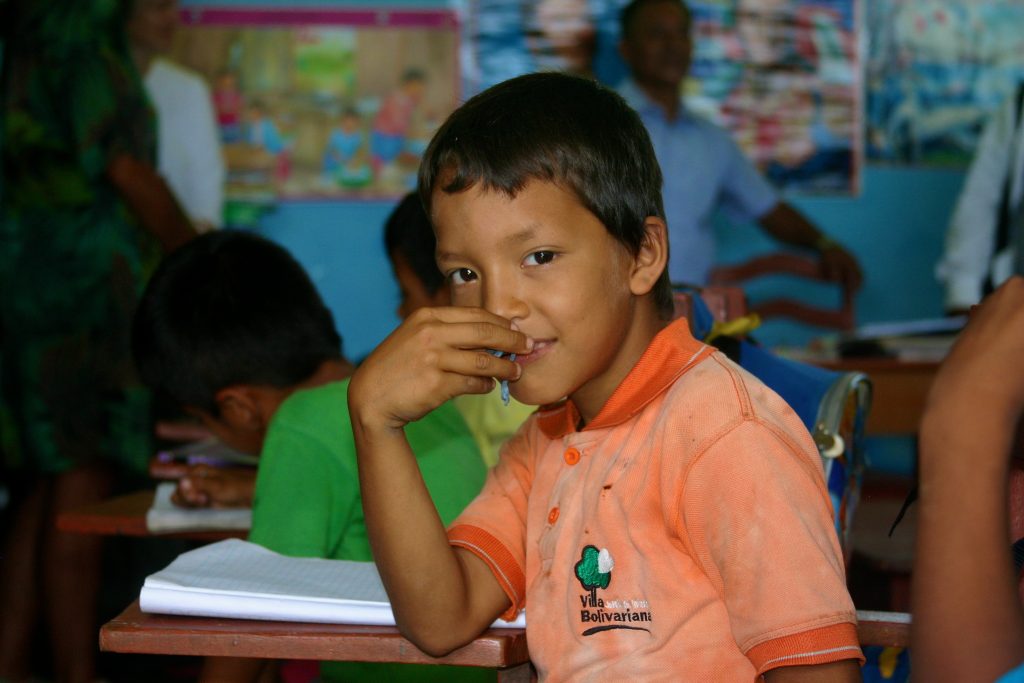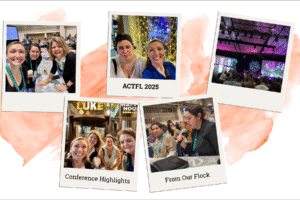
Are bilingual kids smarter?
Let’s face it: kids are weird. One second you’re teaching them how to eat peas, the next they’re presenting you their scientific findings on photosynthesis. Their young minds are ever-changing and always susceptible to picking up new information much quicker than you or I could. Multiple languages being no different.
But this isn’t just about showing off to the parents during playtime. Recent studies have shown that bilingual kids are actually able to look at problems in new and creative ways. Currently, Canadian researchers have begun to look into how the ability to speak more than one language can directly impact the effectiveness of problem-solving skills in toddlers.
While it might initially be hard for a child to switch from English to Spanish, the mere fact that they are switching means they’re more adept at solving trickier problems. Problems such as identifying the color of a certain text even when it’s been switched or as it’s called by educators the Stroop effect.
Psychologists have said that the amount of lingual switching that occurs as the children grow older and their vocabulary size increase directly impacts other forms of brain function and leads to superior performance on certain conflict tasks. Mainly due to bilinguals’ strengthened cognitive flexibility and selective attention abilities that they gain from constantly switching languages.
Another researcher at Concordia University found an additional example of how bilingual children can benefit from non-language tasks.
They administered certain tests:
Reverse categorization—participants were told to put a set of little blocks into a little bucket and big blocks into a big bucket. Then the instructions were switched—big blocks in the little bucket and little blocks in the big bucket.
Shape conflict—participants were shown pictures of different-sized fruit and asked to name them. Then a new series of images were shown, with a small fruit embedded inside a large one. Toddlers were asked to point to the little fruit.
Long story short, bilingual children did a much better job than kids who only spoke one language. Cristina Crivello, the lead researcher described this specific phenomenon “In conflict inhibition, the child has to ignore certain information—the size of a block relative to a bucket, or the fact that one fruit is inside another…That mirrors the experience of having to switch between languages, using a second language even though the word from a first language might be more easily accessible.”
So whether you’re planning an extensive multi-lingual future for your child or just want them to understand certain parts of Dora the Explorer it’s clear, learning another language has multiple perks.




